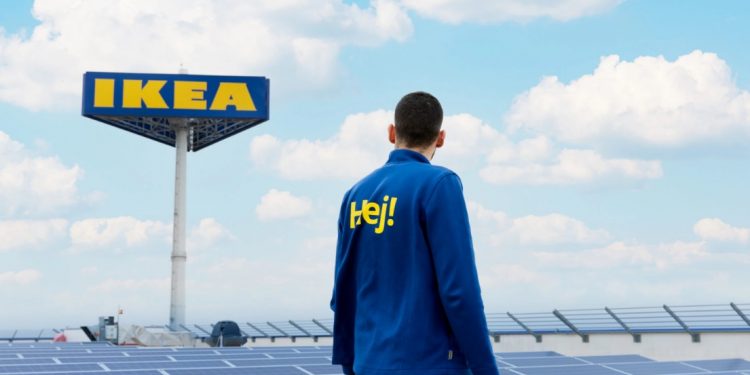Ingka Group, the largest IKEA retailer, has announced plans to significantly reduce absolute greenhouse gas emissions by 50%. This move comes as part of the company’s continued efforts to strengthen its climate targets and contribute to global sustainability initiatives.
Leading the Way in Climate Action
Since setting science-based climate targets in 2018, Ingka Group has already made significant progress, reducing its climate footprint by 24.3% while simultaneously increasing revenue by 30.9% compared to the 2016 baseline. These achievements underscore the company’s commitment to driving tangible results in climate action.
Revised Targets for a Greener Future
In November 2023, Ingka Group revised its climate targets to align with the Science Based Targets initiative (SBTi) Corporate Net-Zero Standard. These updated targets have been approved by SBTi in April 2024, further validating the company’s commitment to sustainability.
Under the revised targets, Ingka Group aims to reduce absolute greenhouse gas emissions from its value chain by at least 50% by FY30, compared to the FY16 baseline. Additionally, the company is committed to achieving net zero emissions by 2050 without relying on carbon offsets to meet these reduction targets.
A Call to Action
Jesper Brodin, CEO of Ingka Group, emphasizes the urgency of addressing the climate crisis. He asserts that while the company has made significant progress, more action is needed to limit global temperature rise to 1.5°C. Brodin calls for collaboration across sectors, including partnerships with governments, the private sector, and customers, to drive meaningful change.
Reframing Climate Ambition
In alignment with industry developments, the IKEA climate ambition has transitioned from “Climate Positive” to “Net Zero and Beyond.” This reframing underscores IKEA’s commitment to the Paris Agreement and the scientific imperative of limiting global temperature rise to 1.5°C.
Conclusion
Ingka Group’s strengthened climate targets demonstrate its dedication to sustainability and environmental stewardship. By taking proactive steps to reduce greenhouse gas emissions, the company sets a precedent for responsible corporate behavior and paves the way for a greener future.










